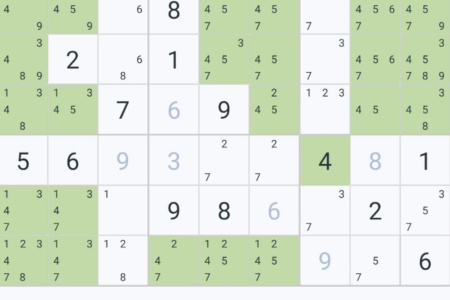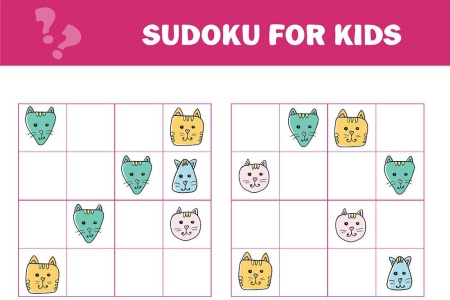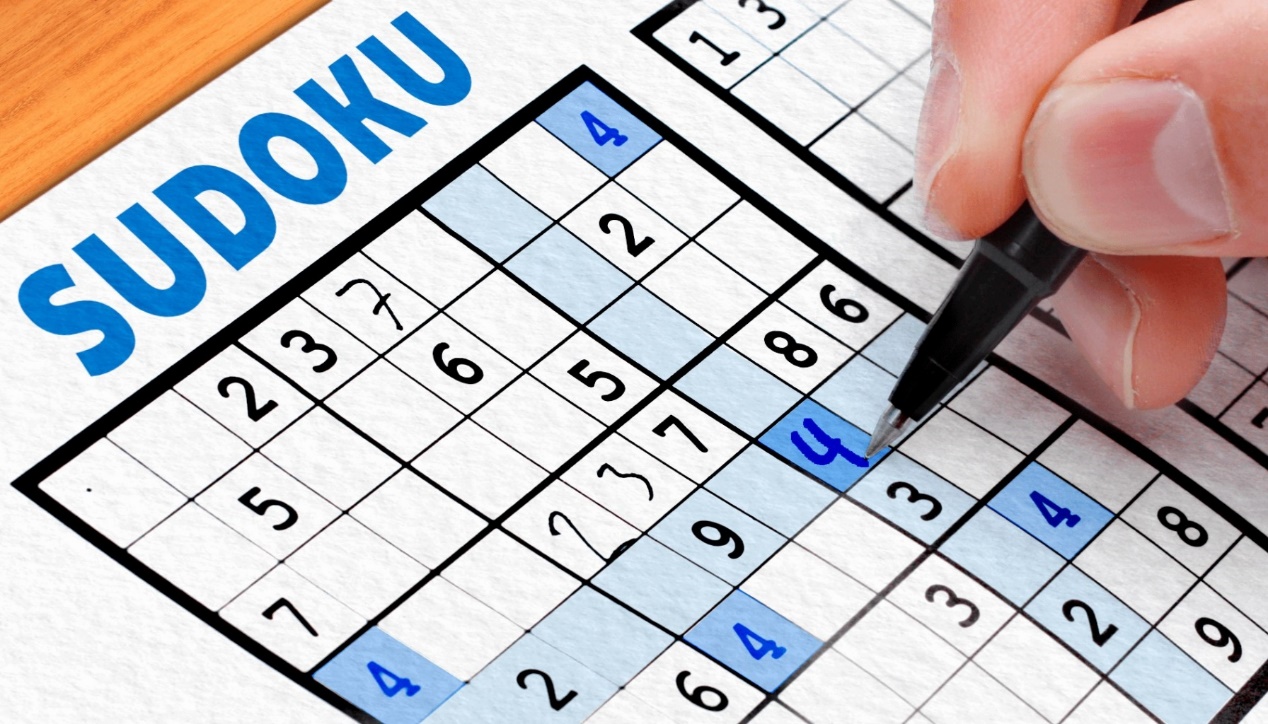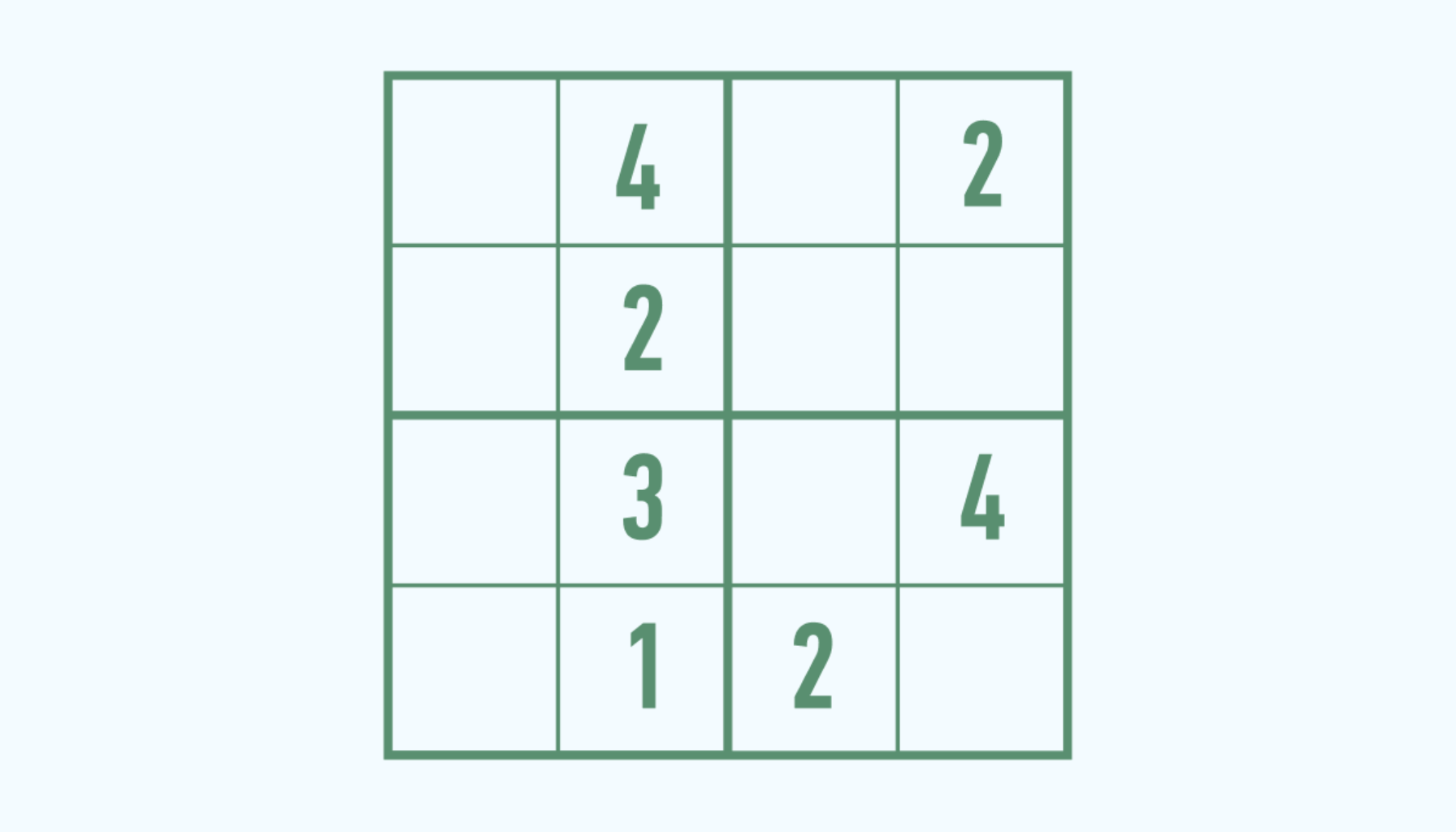The Evolution of Sudoku and Its Path to Global Popularity
Sudoku is not just a simple number game. Its history and evolution are full of fun and clever logic. Before becoming one of the most popular puzzle games in the world, Sudoku went through several stages of development, from mathematical ideas in the 18th century to its widespread popularity in modern times. This article will take you through the whole process of Sudoku from its origin to its global popularity.
Origin and Early Versions
The basic idea of Sudoku can be traced back to the 18th century, when the concept of "Latin Square" was proposed by Swiss mathematician Leonhard Euler. This square requires that the symbols in each row and column cannot be repeated. Although it is obviously different from today's Sudoku, its logical structure is similar and has become the initial prototype of the concept of Sudoku.
Howard Garns' "Number Place"
The direct origin of modern Sudoku is the "Number Place" game designed by American architect Howard Garns in 1979. This puzzle game first appeared in the American magazine "Dell Pencil Puzzles and Word Games". The rules of the game are almost exactly the same as modern Sudoku, that is, fill in the numbers from 1 to 9 in a 9x9 grid so that the numbers in each row, column, and 3x3 square are not repeated. Although the game did not attract large-scale attention at the time, it laid the foundation for the global popularity of Sudoku.
The rise of Sudoku in Japan
The real rise of Sudoku came from Japan. In 1984, the Japanese publisher Nikoli magazine introduced "Number Place" and renamed it "Sudoku", which means "numbers appear independently". This simple and intuitive naming quickly attracted the interest of Japanese players. "Nikoli" magazine not only promoted Sudoku, but also adjusted the rules of the game, eliminating the use of letters and graphics, making the game more focused on the numbers themselves. With the enthusiasm of Japanese Sudoku fans, the game gradually became a popular intellectual game in Japan.
Global expansion and Wayne Gould's promotion
Although Sudoku has achieved great success in Japan, it really went global thanks to Wayne Gould. The retired judge from New Zealand developed a Sudoku generating software and successfully introduced Sudoku to The Times in the UK in 2004. His software made it possible to generate Sudoku puzzles on a large scale, paving the way for the global promotion of Sudoku. Soon, newspapers in the UK, the US and around the world began to use Sudoku as a daily puzzle, and Sudoku became an international phenomenon.
Sudoku craze: the global outbreak in 2005
2005 is considered to be the peak of the global Sudoku craze. Media around the world are promoting Sudoku, Sudoku book sales soared, and online Sudoku game platforms and applications have sprung up like mushrooms after rain. Sudoku has not only entered homes and classrooms, but also become a topic of conversation in offices around the world. From ordinary paper games to multiple gameplays on Internet platforms, Sudoku's influence has quickly expanded to every corner.
The development of modern Sudoku
In the 21st century, Sudoku has not only maintained its traditional paper game charm, but also fully entered the digital platform. Today, Sudoku enthusiasts can challenge Sudoku puzzles of different difficulties through mobile apps, websites, and even game consoles. With the World Sudoku Championship held annually since 2006, Sudoku has also developed into an international competitive event, attracting top players from around the world. This event has greatly promoted the competitive development of Sudoku, giving this seemingly simple number game the depth and breadth of international competition.
The educational and educational value of Sudoku
In addition to entertainment and competition, Sudoku has also demonstrated its potential in the field of education. Studies have shown that Sudoku can significantly improve players' logical reasoning ability, concentration and problem-solving skills. As a result, Sudoku is widely used in schools and other educational institutions as a tool to improve students' thinking ability. It is not only suitable for students, but also attracts many adults who want to keep their minds sharp through puzzle games.
Sudoku has experienced a long and interesting development from its initial concept to its global popularity. It has gradually developed from its promotion in Japan to Wayne Gould's introduction to the world stage to the international phenomenon it is today. Sudoku is not only an addictive game, but also an effective brain training tool. Whether you are a beginner or an experienced player, Sudoku can bring you endless fun and challenges. Today, it has become one of the most representative intellectual games in the world, continuing to attract players of all ages and inspiring people to challenge themselves and constantly improve.



